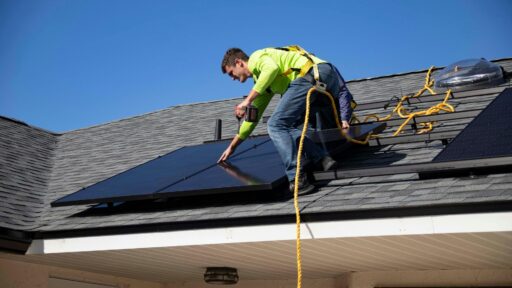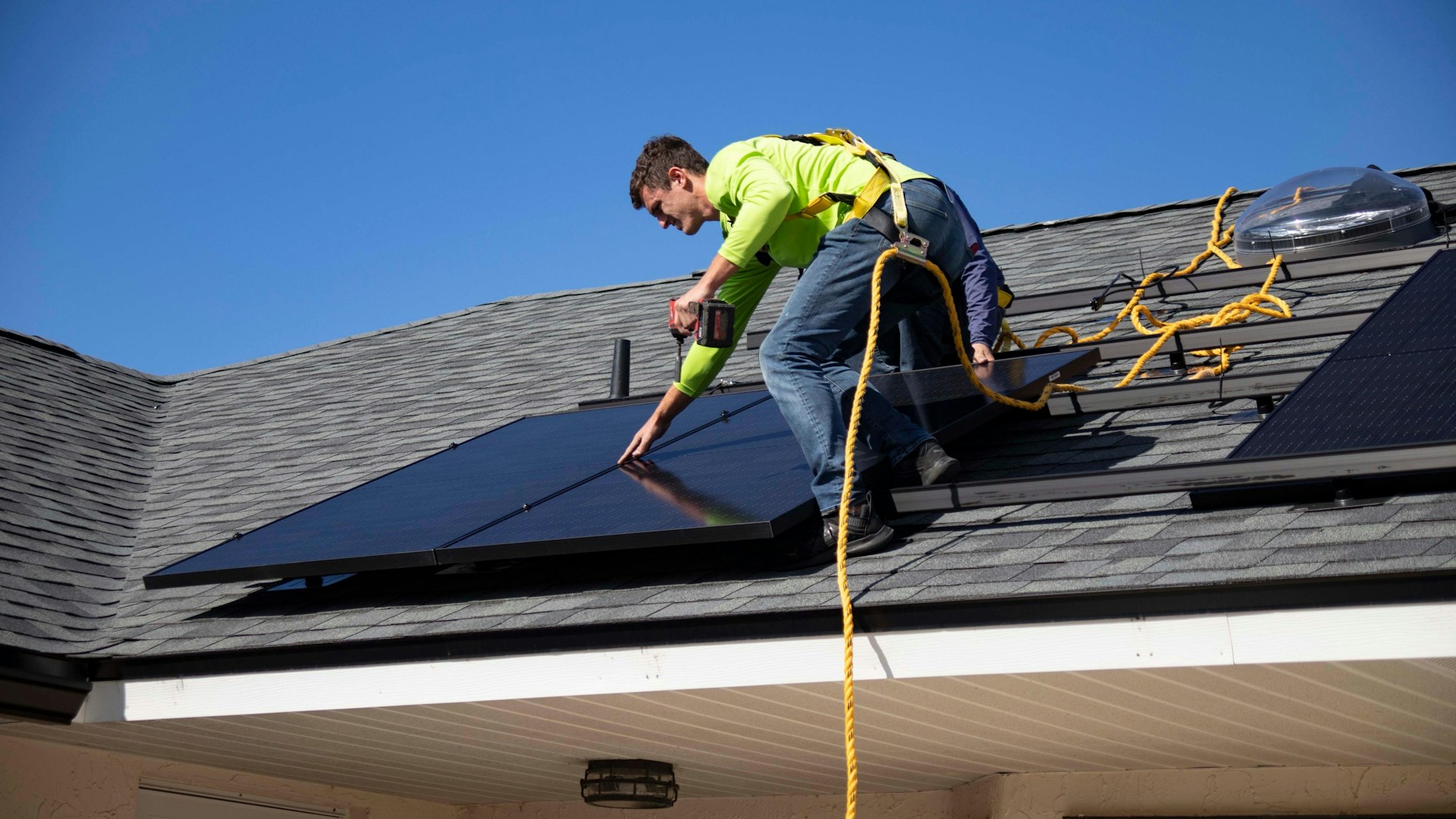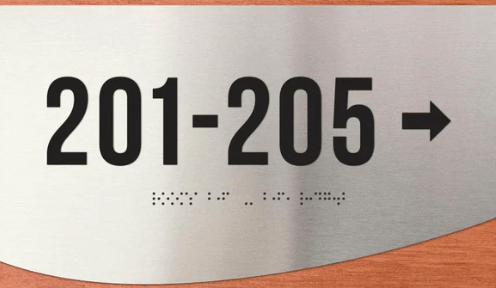Texas, a state known for its abundant sunshine and independent spirit, is uniquely positioned to benefit from solar energy. Over the past decade, the adoption of solar panels has increased rapidly across the state, driven not only by environmental concerns but also by the growing realization of the substantial economic advantages. From lowering energy bills and increasing property values to creating local jobs and reducing grid dependence, the economic case for solar in Texas is stronger than ever.
Abundant Sunlight and Energy Potential
Texas is second only to California in total installed solar capacity and has the technical potential to lead the nation due to its vast land and solar irradiance. The state averages over 230 sunny days per year, especially in key regions like Dallas–Fort Worth, Houston, San Antonio, and West Texas. This consistent exposure to sunlight translates into greater energy production and, consequently, better financial returns for those who install solar panels.
Reduction in Monthly Electricity Bills
One of the most immediate and tangible benefits of installing solar panels is the dramatic reduction in electricity costs. Texas experiences some of the nation’s highest peak electricity demands, particularly during the scorching summer months. Homeowners with solar systems can generate their own power, offsetting a substantial portion (or even all) of their monthly utility bills.
Because Texas operates its own power grid (ERCOT), which is occasionally subject to price volatility and reliability issues, having solar power not only provides financial savings but also adds a layer of energy independence. In deregulated areas of Texas, customers can choose their energy providers, and some utility companies even offer solar buyback programs that credit homeowners for surplus power fed back into the grid.
Protection Against Rising Energy Costs
Energy prices are subject to market fluctuations influenced by fuel costs, infrastructure, weather events, and regulatory changes. Solar energy, once installed, acts as a hedge against these increases. Homeowners lock in a long-term, predictable cost, which can be as low as the maintenance fee for the panels. This protects them from future hikes in utility rates.
This long-term cost stability is especially valuable in Texas, where extreme weather events, such as heat waves and winter storms, can trigger sudden demand spikes and subsequent price surges.
Incentives, Tax Credits, and Exemptions
Although Texas does not offer a state-level solar tax credit, residents can take advantage of several financial incentives that lower the upfront cost of solar installations.
Federal Investment Tax Credit (ITC)
Homeowners who install solar panels can claim a 30% federal tax credit on the total cost of the system (including equipment and installation) through 2032. This is a direct reduction in tax liability, making it one of the most powerful incentives available.
Property Tax Exemption
Texas offers a property tax exemption on the added home value from solar panel systems. This means that while solar panels can significantly increase the resale value of a home, the increase is not subject to higher property taxes—a clear economic win for homeowners.
Net Metering and Buyback Programs
Though Texas does not mandate net metering statewide, many retail electricity providers (REPs) offer solar buyback programs, allowing homeowners to receive credits or payments for excess energy they contribute to the grid. This further enhances the return on investment for solar adopters.
Increased Home Value
Multiple studies have shown that homes equipped with solar panels sell faster and at higher prices compared to similar homes without solar. In Texas, this trend is consistent with national findings. According to research by the U.S. Department of Energy’s Lawrence Berkeley National Laboratory, homebuyers are often willing to pay a premium of $15,000 or more for homes with solar energy systems.
The growing awareness of energy efficiency, combined with rising electricity costs, makes solar a sought-after feature for real estate buyers. In competitive housing markets like Austin and Dallas, solar panels can be a key differentiator.
Energy Independence and Grid Stability
The 2021 Texas winter storm revealed the vulnerabilities of the state’s power grid, leading many homeowners to seek alternatives. While solar panels alone do not provide backup power during outages (unless paired with a battery system), they do help reduce grid load and dependence on centralized energy sources.
In rural or suburban parts of Texas where infrastructure upgrades are slow or expensive, solar can offer a decentralized energy solution that reduces stress on transmission lines and lowers overall grid maintenance costs. Homeowners who combine solar with battery storage gain the advantage of energy resilience. This can be a critical economic consideration in areas prone to blackouts or grid failures.
Environmental and Long-Term Cost Savings
While not immediately measurable in monthly budgets, the environmental savings from solar contribute to long-term economic stability. Reducing reliance on fossil fuels lowers greenhouse gas emissions, curbs pollution-related health issues, and helps prevent costly climate-related damage. These indirect savings can translate into lower healthcare costs, reduced insurance premiums, and improved quality of life over time.
In Texas, where oil and gas still dominate, solar offers a sustainable path forward without sacrificing economic competitiveness.
Minimal Maintenance Costs
Unlike many home improvement investments, solar panels have relatively low maintenance needs. Most systems require minimal upkeep, which is limited to occasional cleaning and routine inspections. Warranties from manufacturers typically last 20–25 years, and labor warranties from reputable local installers, such as those with decades of experience in Texas, provide further financial assurance.
This predictability reduces the risk of unforeseen repair costs, making solar an economically efficient, long-term investment. To derive maximum benefit, you should select an experienced and reputable company for solar panel installation, such as Metro Express Solar in Dallas, TX.
Choose High-Quality Solar Installation in Texas and Start Saving Money Today
Installing solar panels in Texas can provide a wide range of economic benefits, from immediate savings on electricity bills to increased property value, local job creation, and long-term financial stability. As solar technology becomes more affordable and efficient, and as Texas continues to navigate challenges with its energy grid, going solar is no longer just an environmental decision, but a smart economic strategy.
With a wealth of sunshine, a growing infrastructure for solar energy, and a strong ecosystem of experienced local installers, Texas remains one of the most advantageous states for homeowners to invest in solar power.








